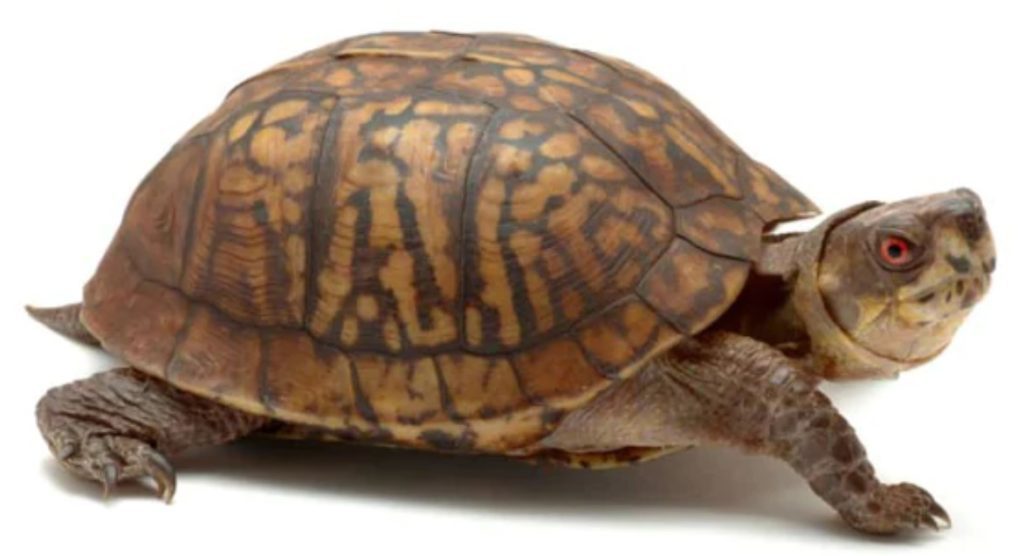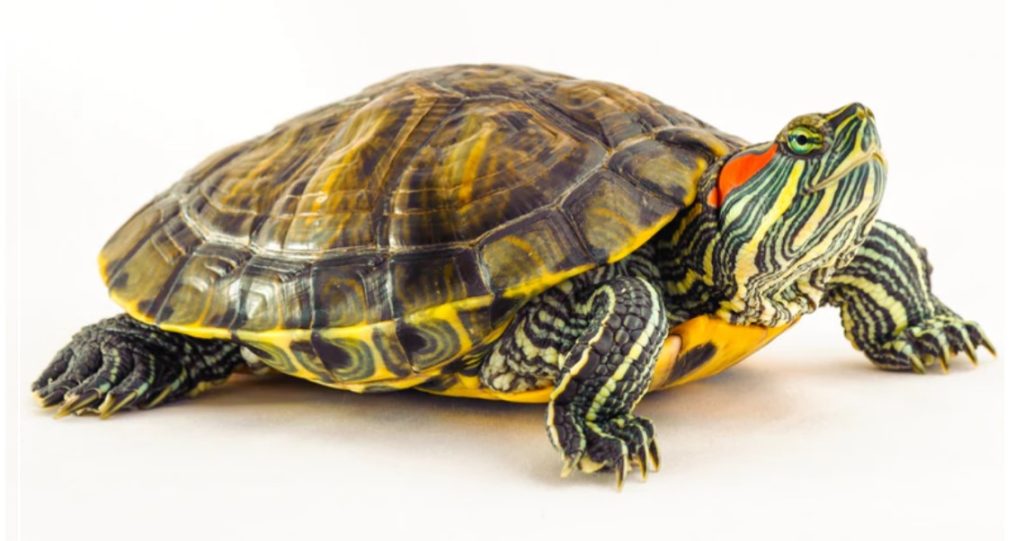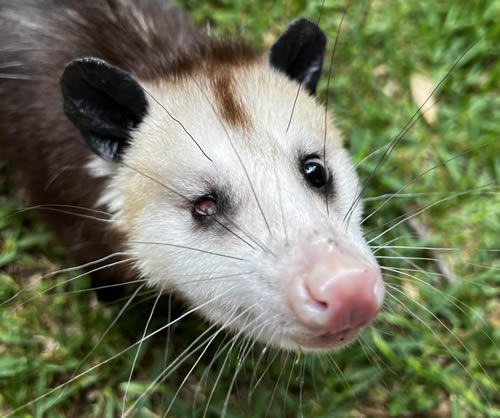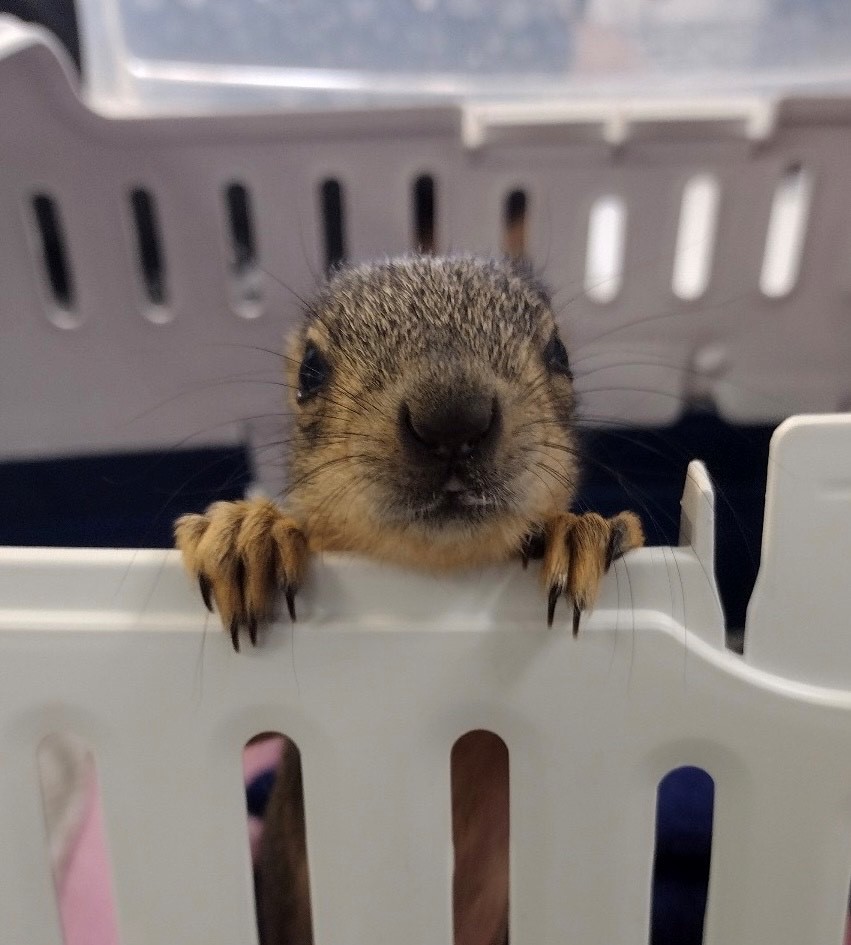Have you found a turtle?
Turtles can be divided into two categories: Aquatic (water) Turtles and Land Turtles (tortoises). Land turtles have high, dome-shaped shells, while water turtles have a flatter, more streamlined shells for moving through water. See the pictures on this page to compare shell shapes.
Have you found a BABY water turtle?
Baby water turtles found alone are completely independent and not in need of help. In the wild, turtles lay their eggs and leave, as babies are not in need of parental care. If the turtle was found in an area close to a natural body of water, release the turtle at the point of capture. If not, release the baby turtle at the nearest natural body of water.
Have you found an INJURED or ILL turtle?
If you find a turtle of any age or species that is:
- Caught by a cat or dog
- Visibly injured
- Unable to walk
- Limping or dragging a limb
- Lethargic
- Covered in ants or flies
- Swelling or has discharge from eyes or ears
- Dragging or has a limp head or leg
- Covered in patches yellow-ish or white-ish substance
Please contact us at 713-468-8972 as soon as possible to determine further steps. If we are closed, leave a voicemail and follow the Temporary Care Instructions below.
Have you found a LAND TURTLE?
Most found land turtles are pets that have been released and will not survive in the wild on their own. If you find a land turtle, whether healthy or injured, call us at 713-468-8972.
Have you found a turtle attempting to CROSS A ROAD?
If you have found an uninjured water turtle attempting to cross a road, move it off the road in the direction that the turtle is facing, as the turtle’s instinct is driving them to move in that direction. If you place it on the side it was coming from, it will only attempt to cross the road again. Do not attempt to assist a turtle if the road is busy or if you are in any danger from passing cars. We do not recommend handling snapping turtles as they are dangerous.
Temporary Care Instructions for ALL Animals:
- Houston Humane Society Wildlife Center (HHS Wildlife Center) recommends that you wear gloves or use a cloth barrier when handling wildlife.
- Prepare an appropriate-sized cardboard box by poking air holes in the top and placing a soft cloth (T-Shirt, towel, paper towels) in the bottom. DO NOT put the animal into a plastic bag.
- Place the animal into the prepared box and tape the box shut. For injured adults, place the box on its side next to the animal and use a stick, broom, or rolled-up newspaper to gently push the animal into the box.
- Do not give the animal any food or liquids. Feeding an animal an incorrect diet can result in injury or death. In addition, rescued animals can get wet from liquids and become hypothermic and/or spill food on their fur/feathers, potentially causing damage.
- Keep the animal in a warm, dark, quiet place. Darkness makes the animal feel more secure. If the animal is a baby, the box can be placed half on and half off a heating pad set on low. If the animal gets too warm it will move to the other end of the box. Do not place adult animals on a heating pad.
- Leave the animal alone. Human noise, touch, and eye contact are very stressful to wild animals and can result in shock or even death. This is especially important in the case of injured or adult animals.
- If an animal has been caught by a cat or dog, please call HHS Wildlife Center immediately at 713-468-8972. Even if wounds are not visible, the animal needs medical intervention as soon as possible.
- Keep children and pets away. BE CAREFUL! An animal that is hurt or frightened may bite.
- Call HHS Wildlife Center at 713-468-8972 as soon as possible!
General Information about Turtles in the Houston Area
Turtles are reptiles, meaning they are "cold-blooded", air-breathing vertebrates. They have tough, leathery skin covering their body. The shell has two distinct parts: the carapace, or top, and the plastron, or underside. The scales covering the entirety of the shell are known as scutes. Texas has over 20 species of turtles. Some of the most common species HHS Wildlife Center sees each year are red-eared sliders (Trachemys scripta elegans), three-toed box turtles (Terrapene mexicana triunguis), and common snapping turtles (Chelydra serpentina).
Most female turtles in Texas can lay up to three clutches of eggs per year and the nesting season can last from March to August, causing the eggs to hatch from mid to late summer. Mother turtles lay their eggs and leave, as babies are completely independent at birth and not in need of parental care. Turtles are amazing creatures with long lifespans. Some can live for 50 years or more.




